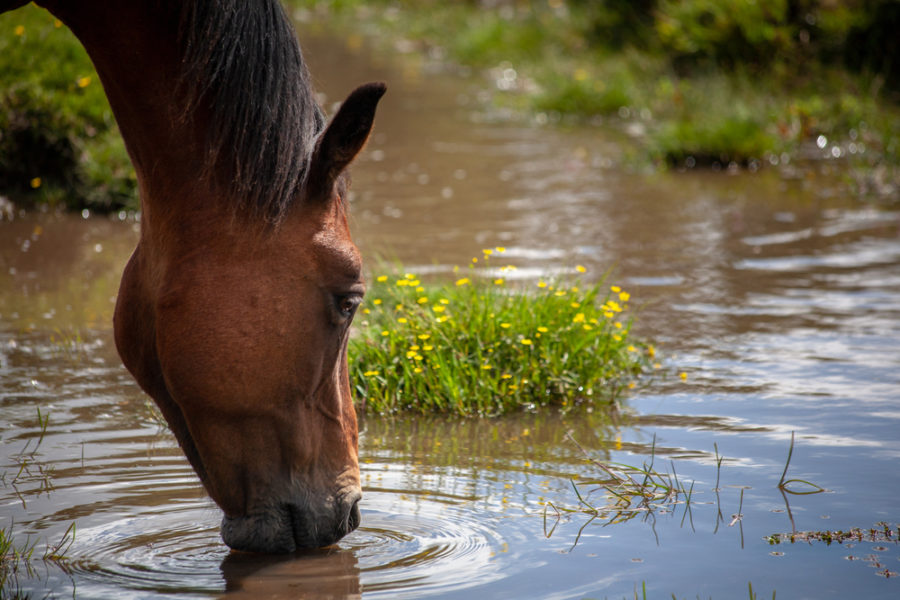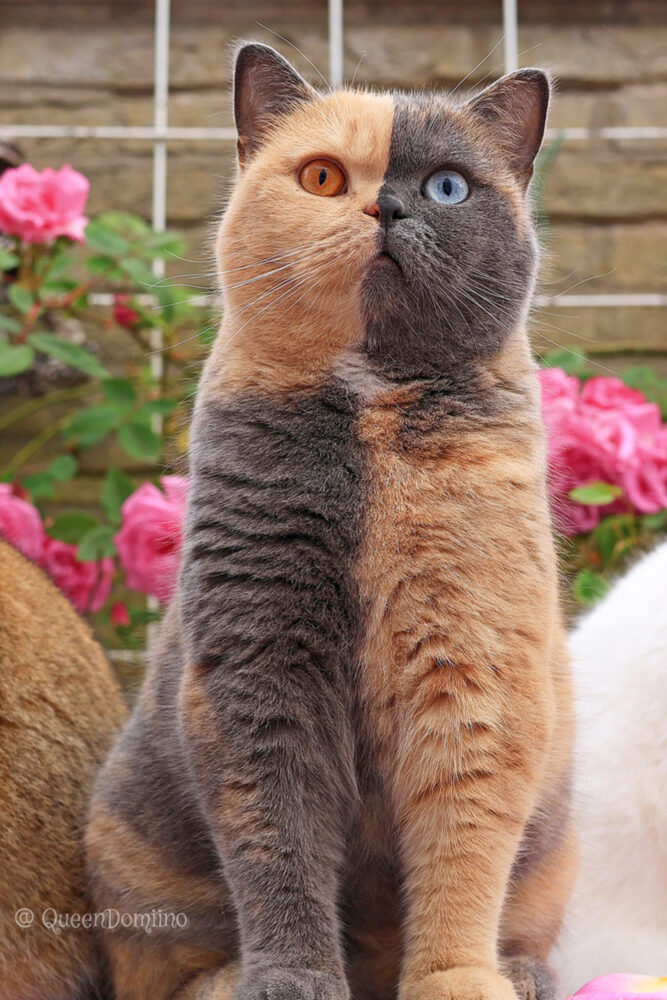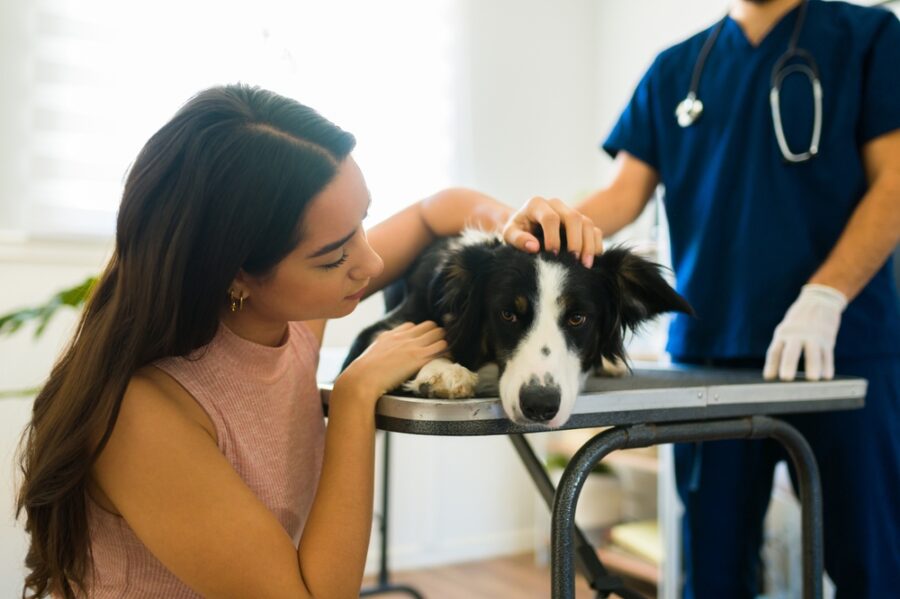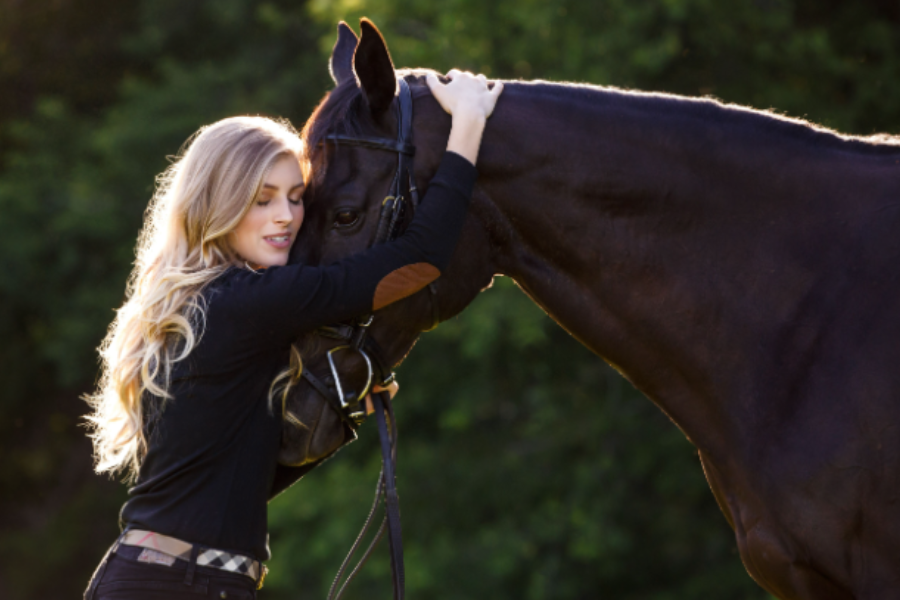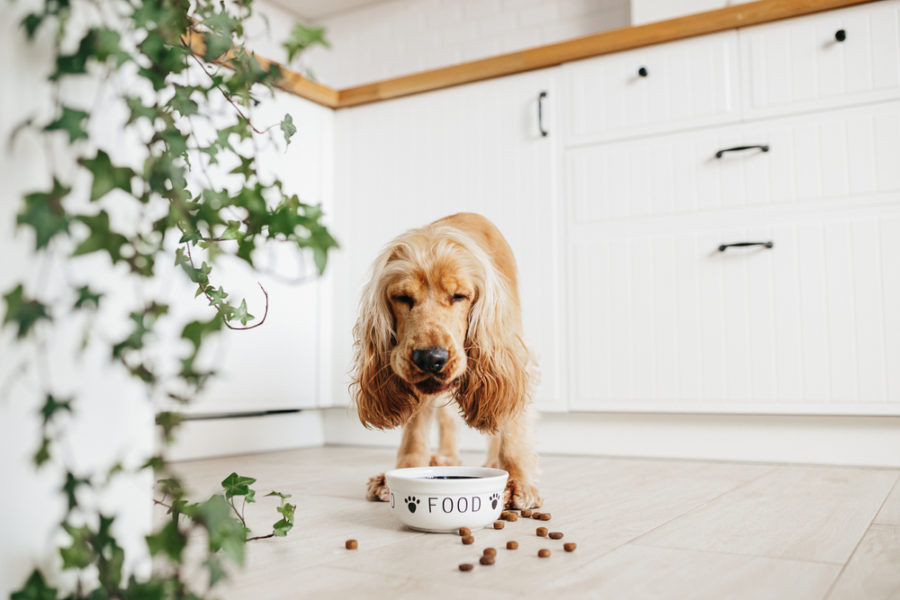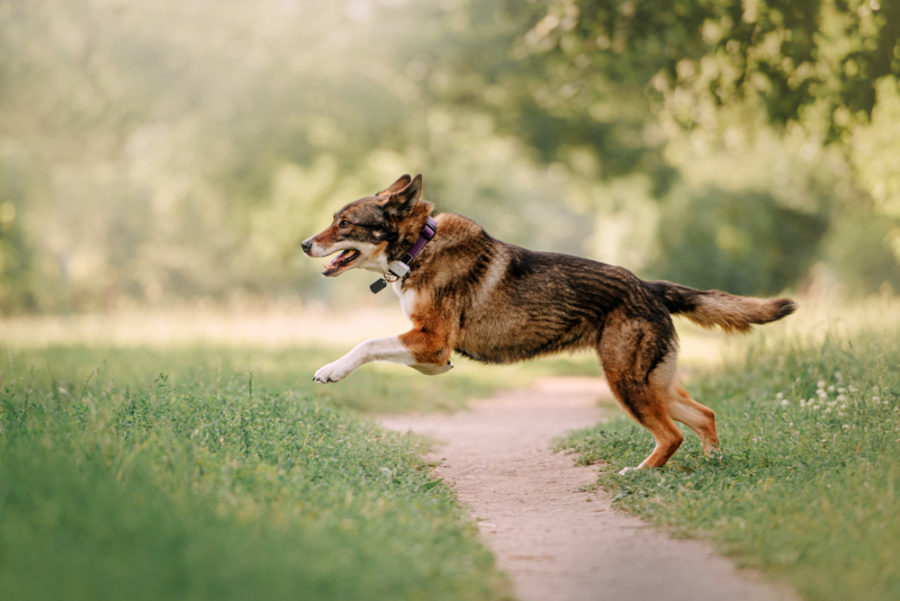Protect your horses by keeping an eye out for these hidden toxins around your farm!
Even the most diligent horse caretakers may find themselves dealing with an equine that has been harmed or poisoned by common plants, chemicals, or other substances found on the farm. Because horses cannot vomit, damage to the gastrointestinal tract and absorption of a toxin into the bloodstream can prove fatal. Here’s how to prevent toxin ingestion in your own horse.
Beware of dangerous plants
Erich Hodges, DVM, owner of Swiss Farm Veterinary, in Ogden, Iowa, says that if a plant doesn’t grow naturally in your pasture, don’t allow your horse to graze on it.
Milkweed, while an important food source for pollinators such as monarch butterflies, is dangerous for horses to ingest. Bracken, a genus of large, coarse ferns, along with burning bush and tansy, a perennial, herbaceous flowering plant, are also detrimental to equines.
Branches and leaves from Japanese yew, English yew and rhododendron can be lethal to horses when eaten. The consumption of tall fescue grasses can cause miscarriage, as well as poor milk production in the mare.
“In horses, the dominant pack leader is going to munch on food first, so they’ll often be the first one susceptible to ingesting a toxic plant,” says Dr. Hodges. “Kidney, liver, and blood system problems can occur, causing chemical abnormalities that in some cases are irreversible.”
Dr. Hodges once examined the stomach of a deceased horse to ascertain the cause of death, and found about a cup’s worth of Japanese yew needles inside. “The horse didn’t even have to digest them,” he says. “They just had to get in the stomach and the toxins from the plant caused death.”
Know your horse’s food source
Danielle Andersen-Jeppesen operates Romans Ranch equine therapy in Boone, Iowa. In her more than 40 years of raising horses, she has learned the dangers of feeding poor quality grain and hay.
“Never assume that horses need grain,” Danielle says. “Use your veterinarian as a resource to determine the best nutritional plan for your horse, and keep in mind that grain is linked to a higher risk of developing colic. If you’re not stringent about good storage practices, grain can also harbor mold.”
Before purchasing hay, know where your store or supplier obtains it. If it gets baled near a gravel road, for example, there will be more dust in it. Garbage ending up in baled hay is the number one food contaminant Danielle encounters on her farm. If a horse devours a plastic bag or metal can, it can result in bowel obstruction.
Danielle also notes the importance of keeping your horses away from cow licks, which contain an inappropriate amount of nutrients for equines.
Though it’s not something most horse caretakers consider, botulism poisoning is another concern. It may be contracted by ingesting the botulinum toxin found in decaying animals or contaminated raw meat. Danielle knows of a farmer who lost eight horses to this illness. The farm was located near a river that had flooded. When the water receded from the pasture, it left botulism in the grass, which was then baled and fed to the horses.
“Remember, botulism doesn’t require the bacteria to be alive anymore — it’s just the toxins themselves,” she says.
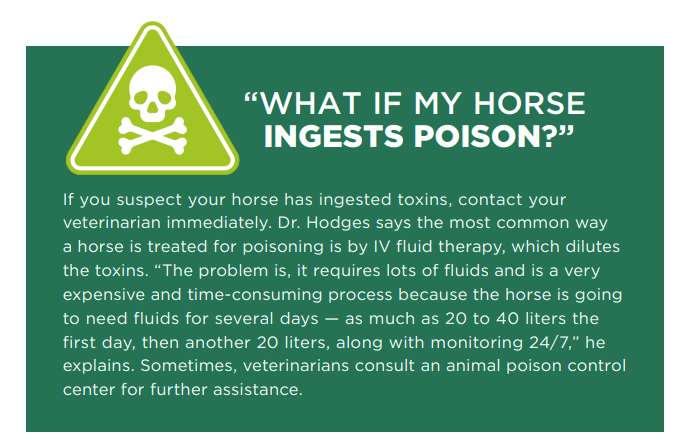 Know your horse’s water source
Know your horse’s water source
Contaminated water sources can include lakes, streams, and ponds that are located near your property. Bacteria from the water can cause kidney damage in horses.
“Bacteria is more a concern in stagnant water,” say Danielle. Be sure to test natural water sources regularly, and keep water troughs clean.
Chewing where they shouldn’t
Wood is not a natural part of the equine diet, yet horses will snack on fence posts or tree bark if they are stressed or not getting enough roughage. Limit your horse’s access to treated lumber or wood glossed with lead paint. Dr. Hodges recommends fencing off burn piles so horses don’t consume any charred remains.
Properly dispose of car batteries and other toxic items whose leaking materials can contaminate the soil and water.
“Hungry horses eat things they shouldn’t,” says Danielle. Keep your horse well fed, and check your property regularly for hidden toxins that can cause him undue harm. Responsible horse ownership can prevent tragedies!

